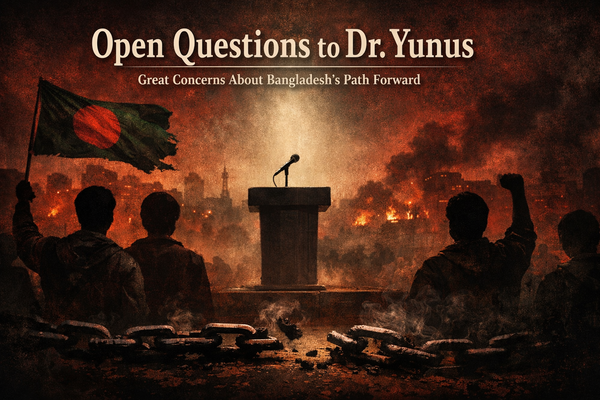Dr. Taj Hashmi: Scholar bridging history and security studies
Dr. Taj ul-Islam Hashmi - A rare scholar who bridges rigorous historical research with contemporary security analysis, influencing both academic discourse and real-world policy across the globe.
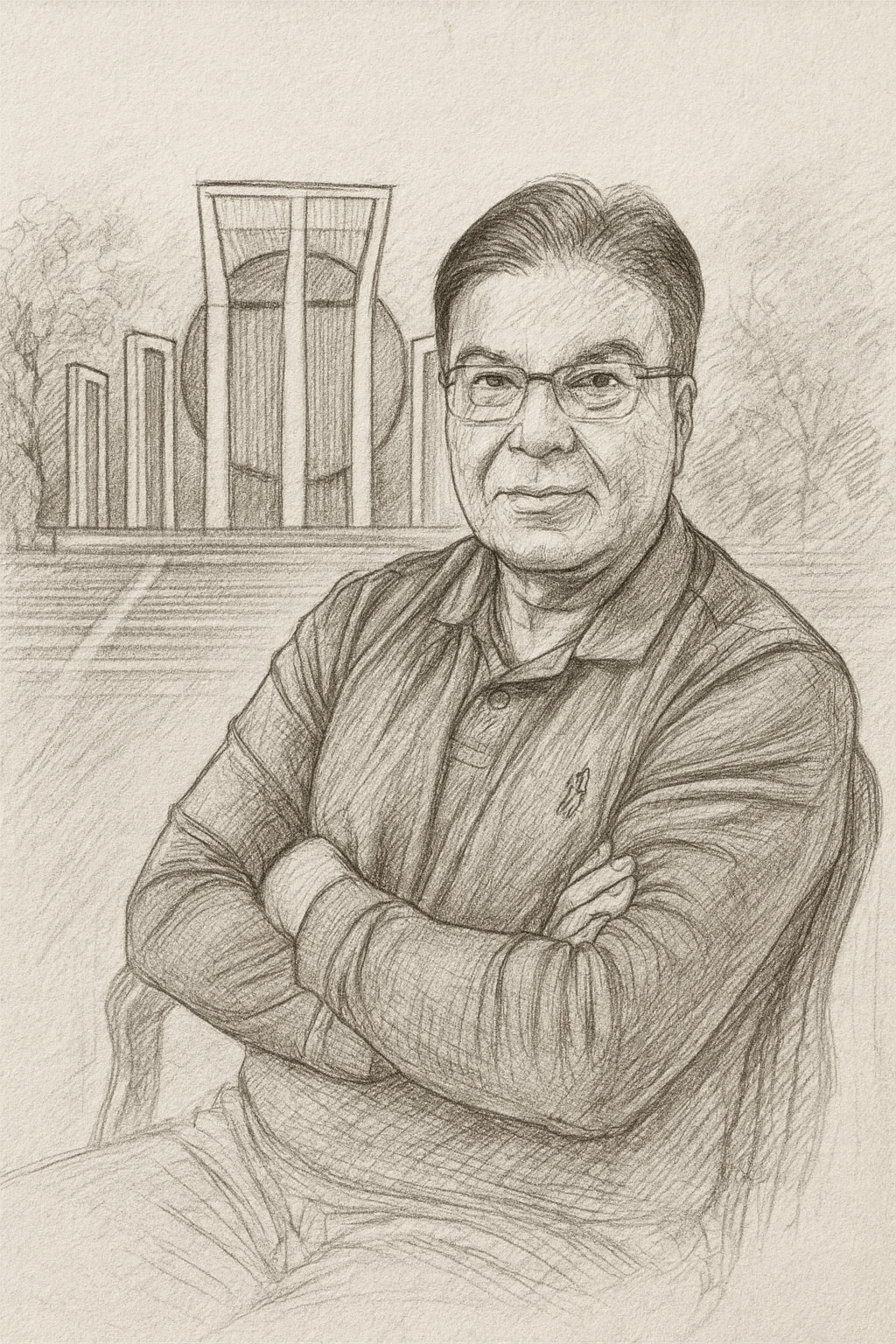
Table of Contents
Dr. Taj ul-Islam Hashmi is a prominent Bangladeshi historian and security studies expert whose five-decade career has produced groundbreaking analyses of South Asian politics, Islamic culture, and global security dynamics. Currently based in Toronto as a Research Associate at York University's Centre for Asian Research, the 76-year-old scholar has authored six influential books and held professorships across four continents, establishing himself as a leading voice on Bangladesh's political evolution and the intersection of Islam with modern state formation.
Born in 1948 in Assam, India, Hashmi's personal journey mirrors the region's complex history - transitioning from Indian to Pakistani citizenship in 1950, then becoming Bangladeshi following independence in 1971. His academic foundation was built at the University of Dhaka, where he earned both his BA and MA in Islamic History and Culture, before completing his PhD in Modern South Asian History at the University of Western Australia. Post-doctoral research at Oxford University's Centre for International Studies and Australia's Monash University further refined his comparative analytical approach to South Asian studies.
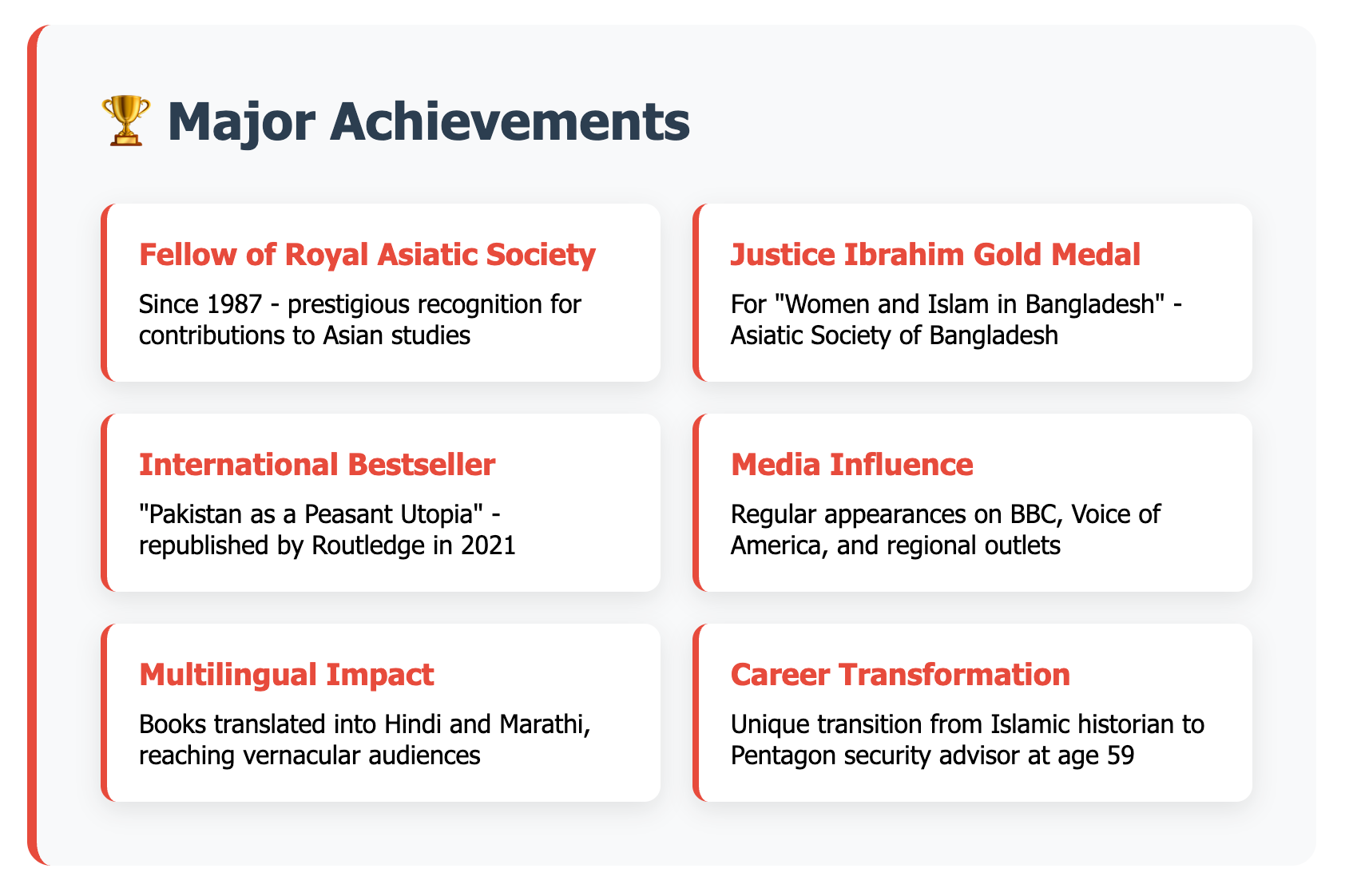
From Dhaka classrooms to Pentagon briefings
Hashmi's academic career began in newly independent Bangladesh, teaching at the University of Chittagong (1972-1973) before joining his alma mater, the University of Dhaka, as a lecturer in Islamic History (1973-1981). The late 1980s marked his international expansion, with positions at Australia's Curtin University followed by a decade-long professorship at the National University of Singapore (1989-1998), where he established his reputation as an expert on South Asian and Middle Eastern history.
Dr. Taj ul-Islam Hashmi - A rare scholar who bridges rigorous historical research with contemporary security analysis, influencing both academic discourse and real-world policy across the globe. – Mohammed J. Kabir (Founder AKTIFUL)
Returning to Bangladesh in 1998, Hashmi served as Dean of Liberal Arts and Sciences at the Independent University, Bangladesh until 2002, attempting to modernize liberal arts education in the country. His subsequent move to North America brought appointments at the University of British Columbia and Simon Fraser University in Canada. The most striking career pivot came in 2007 when the US Department of Defense recruited him as Professor of Security Studies at the Asia-Pacific Center for Security Studies in Hawaii, where he spent four years training military and civilian security professionals on counterterrorism and regional stability issues. His final full-time academic position was at Austin Peay State University in Tennessee (2011-2018), where he taught criminal justice and security studies.
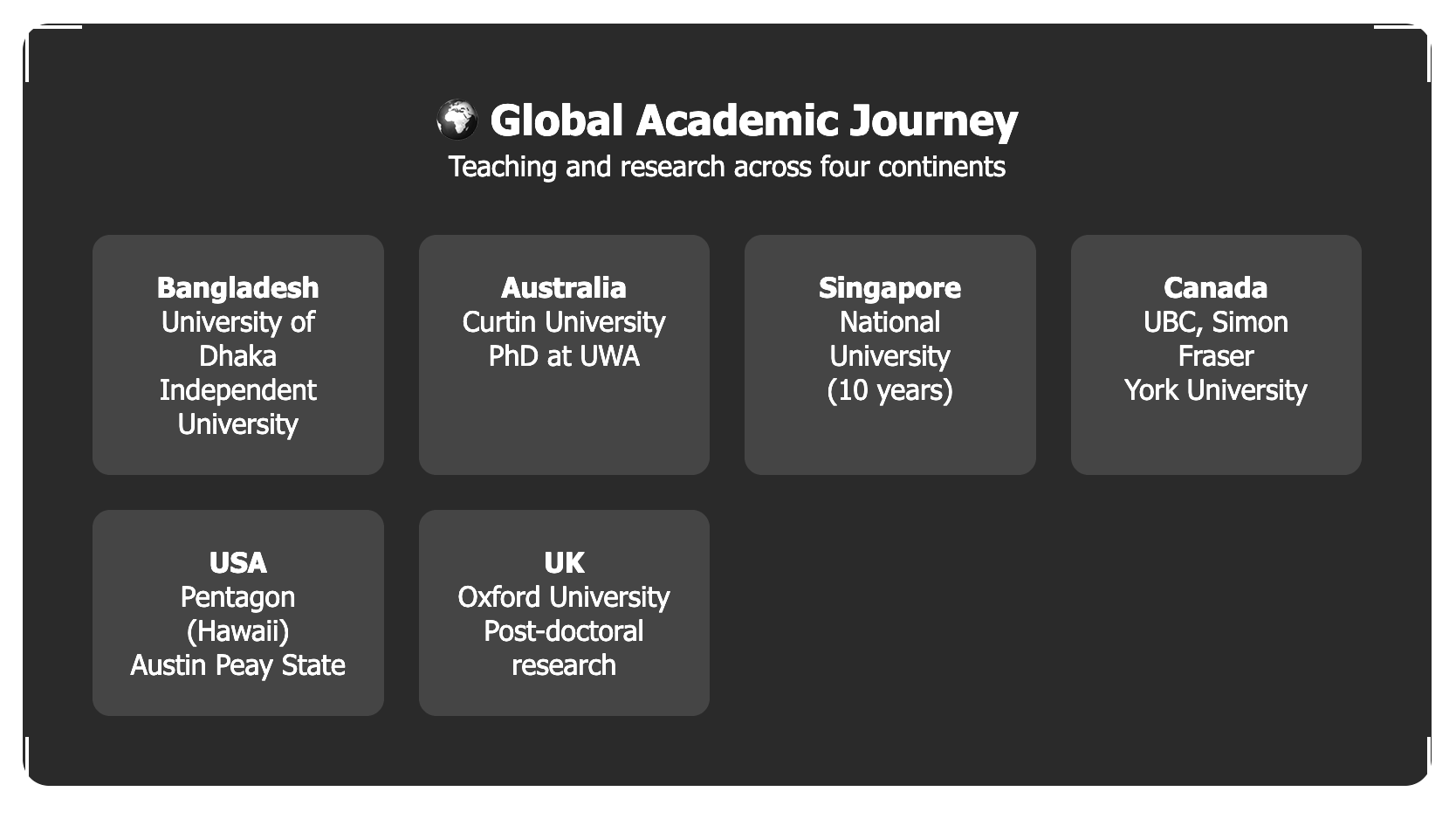
Pioneering scholarship on Bangladesh's contested identity
Hashmi's scholarly contributions center on three interconnected themes: peasant politics in Bengal, women's status under Islamic frameworks, and Bangladesh's ongoing identity crisis. His 1992 work "Pakistan as a Peasant Utopia" challenged conventional narratives about the Pakistan movement, arguing that East Bengali peasants embraced Pakistan not for religious reasons but as an escape from Hindu landlord exploitation. This provocative thesis, republished by Routledge in 2021, remains influential in understanding communal politics in South Asia.
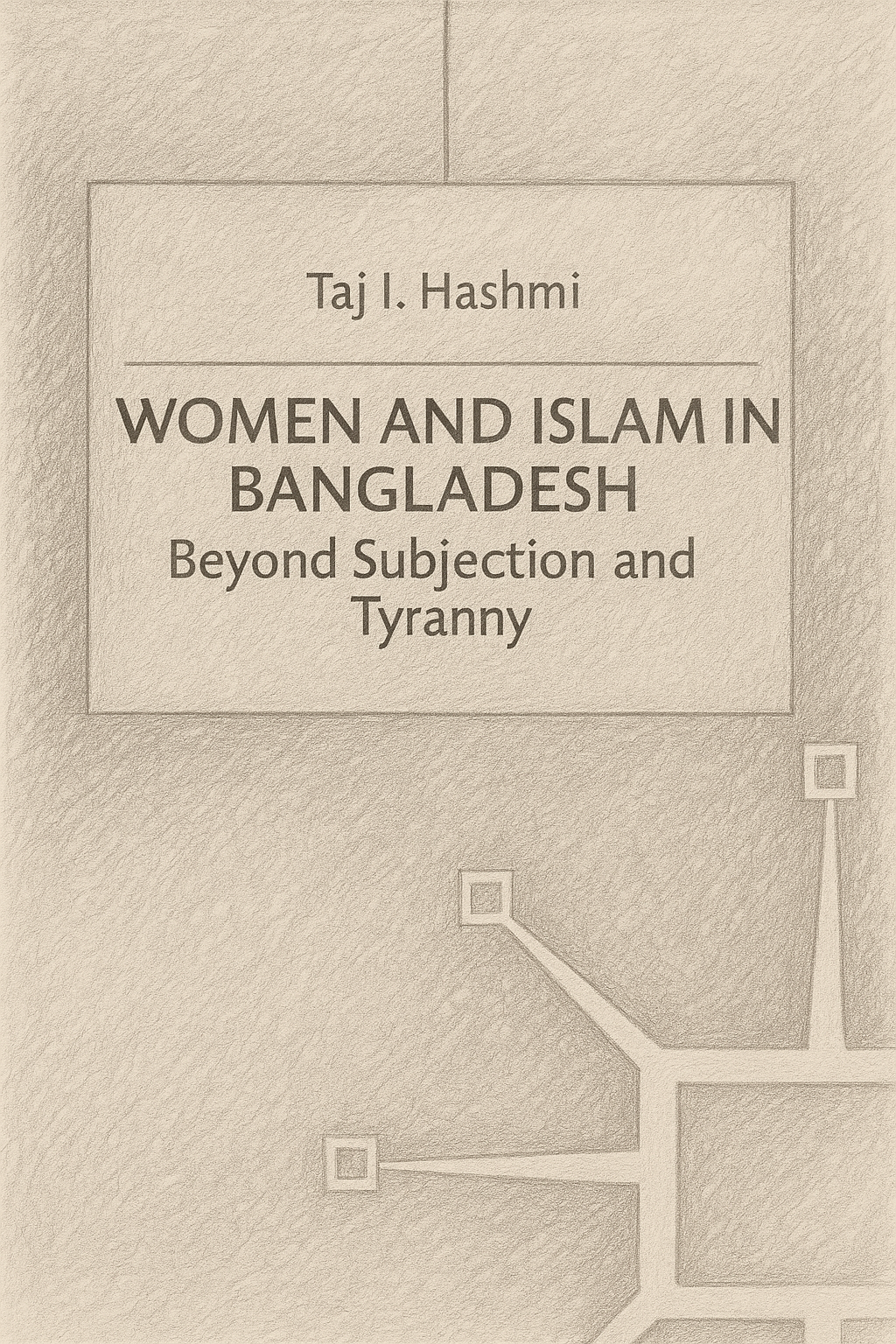
His 2000 bestseller "Women and Islam in Bangladesh: Beyond Subjection and Tyranny" earned the prestigious Justice Ibrahim Gold Medal from the Asiatic Society of Bangladesh. The book presented nuanced analysis of how Islamic practices intersect with Bengali culture to shape women's experiences, moving beyond simplistic oppression narratives while acknowledging real challenges.
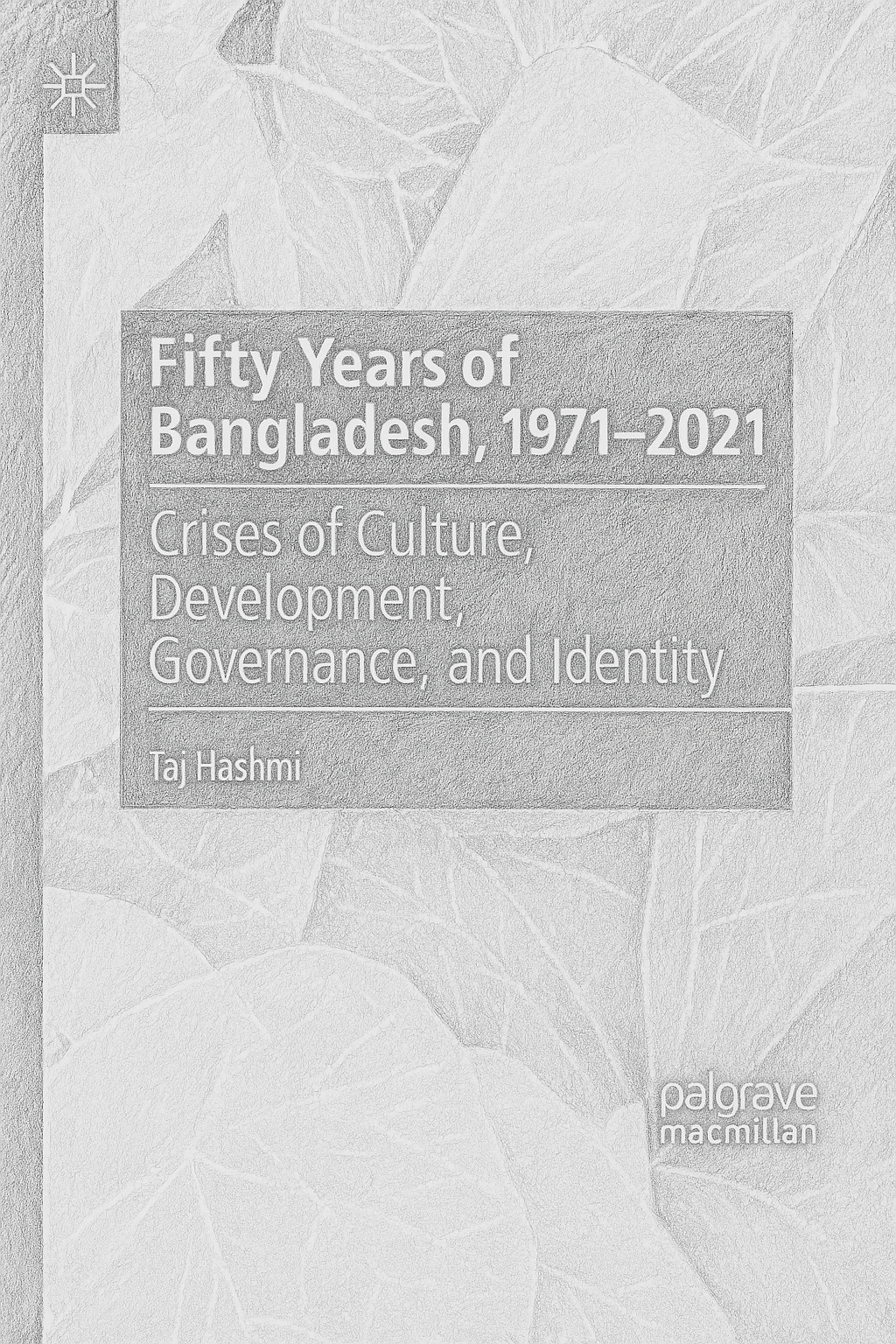
Most recently, his 2022 publication "Fifty Years of Bangladesh, 1971-2021" provides the first comprehensive historical sociology of the nation, examining persistent crises in culture, development, governance, and identity that continue hampering Bangladesh's progress despite economic gains.
Security expertise shaped by historical understanding
The September 11 attacks transformed Hashmi's research trajectory, leading him to apply historical insights to contemporary security challenges. His 2014 book "Global Jihad and America: The Hundred-Year War Beyond Iraq and Afghanistan" traces jihadist movements' historical roots while analyzing American foreign policy responses. The work's translation into Hindi and Marathi reflects its regional significance for understanding terrorism's evolution. At the Asia-Pacific Center for Security Studies, Hashmi developed curriculum bridging academic theory with practical security applications, training over 1,000 military officers and civilian officials from 45 countries on counterterrorism strategies, religious extremism analysis, and regional stability assessment.
His security scholarship distinguishes itself through historical depth - rather than treating terrorism as a contemporary aberration, Hashmi contextualizes modern jihad within centuries of Islamic reform movements, colonial disruptions, and post-colonial state failures. This approach influenced Pentagon thinking on long-term counterterrorism strategies, emphasizing cultural understanding alongside military responses.
Public intellectual shaping regional discourse
Beyond academia, Hashmi maintains significant public influence through media engagement and opinion writing. As a weekly columnist for Dhaka Tribune since September 2024, he addresses contemporary Bangladesh politics, regional security dynamics, and Islamic affairs for general audiences. His commentary appears regularly on BBC, Voice of America, and regional outlets, while his op-eds in publications like The Daily Star, South Asia Journal, and Countercurrents shape elite discourse on democratization, secularism, and development challenges.
Hashmi's public writing demonstrates rare willingness to challenge both Western misconceptions about Islam and Muslim societies' internal contradictions. He critiques Western interventionism while equally condemning authoritarian governance and religious extremism in Muslim-majority states. This balanced approach, grounded in historical analysis rather than ideological positioning, makes him a trusted voice across political divides.
Dr. Taj Hashmi represents a vanishing breed of scholar - equally comfortable analyzing medieval Islamic texts and contemporary security briefings, teaching Bangladeshi undergraduates and Pentagon strategists. His intellectual journey from studying classical Islamic history to advising on counterterrorism reflects broader shifts in how academia engages with policy and security challenges. Fellow of the Royal Asiatic Society since 1987, Hashmi's work fundamentally reframes understanding of Bangladesh's formation, showing how peasant economic grievances rather than religious fervor drove the Pakistan movement, and how that misunderstood origin continues shaping the nation's identity struggles.
His current research on "What Went Wrong with Pakistan and Bangladesh" promises to extend this analysis, examining why both nations emerging from the 1947 partition struggle with democratic consolidation despite different trajectories. At 76, based in Toronto but still deeply engaged with South Asian affairs through writing and research, Hashmi continues bridging the gap between rigorous historical scholarship and urgent contemporary debates about Islam, democracy, and development in one of the world's most populous and volatile regions.



